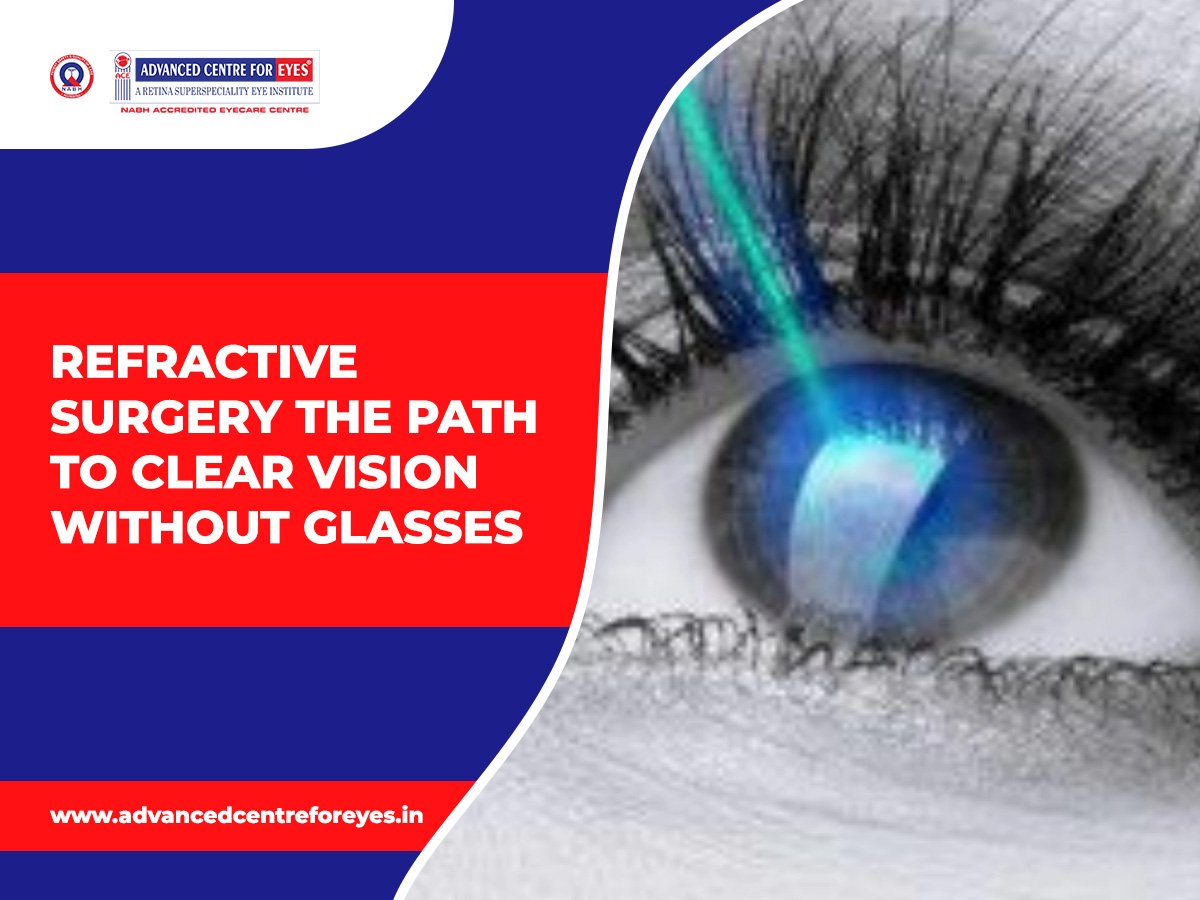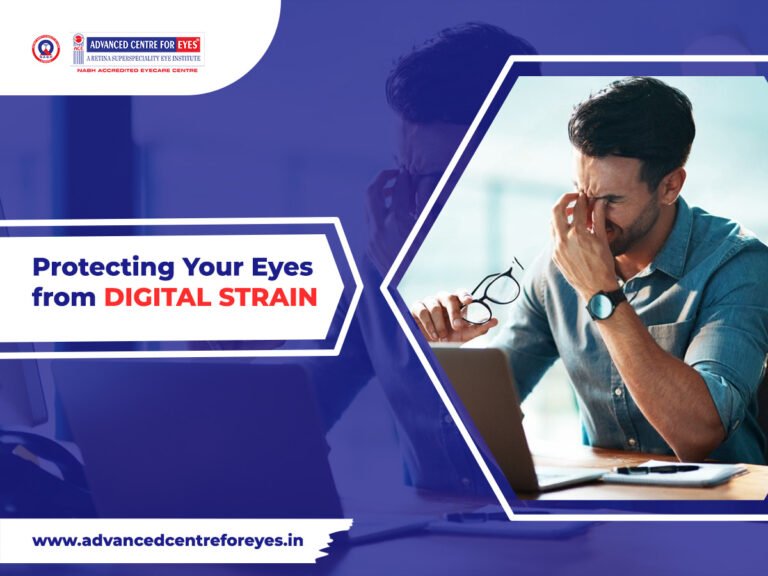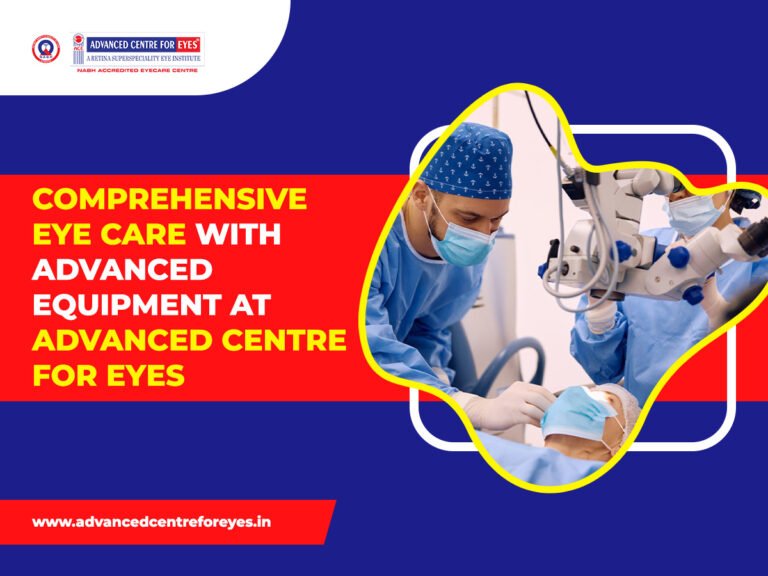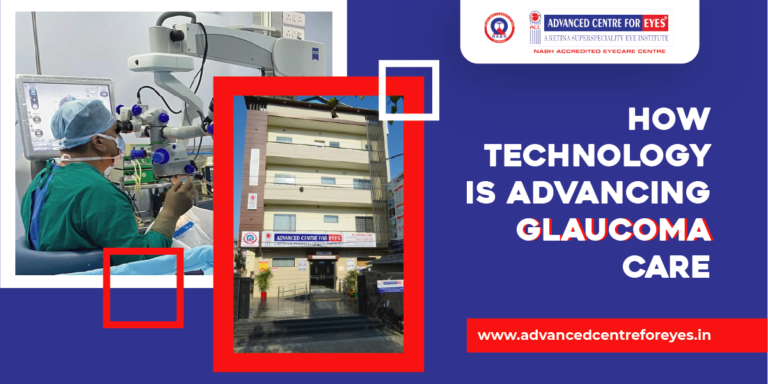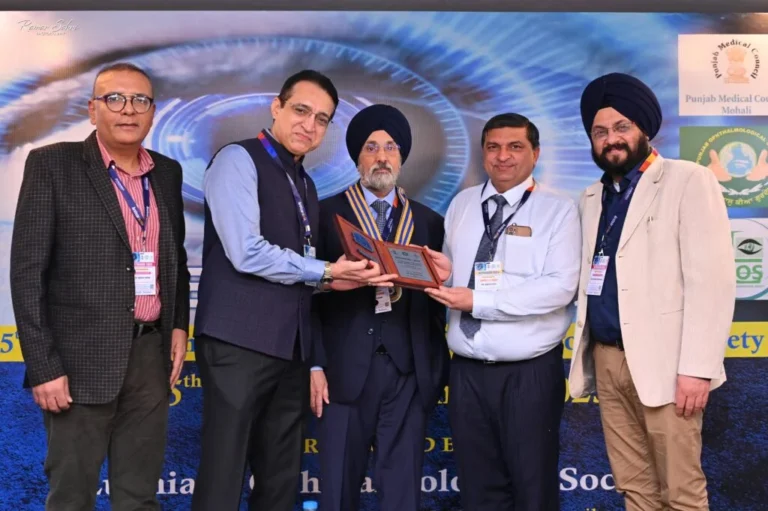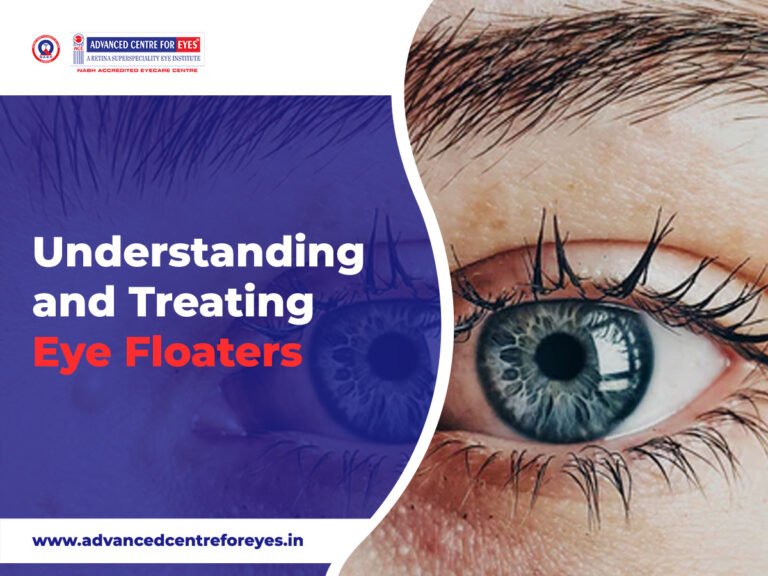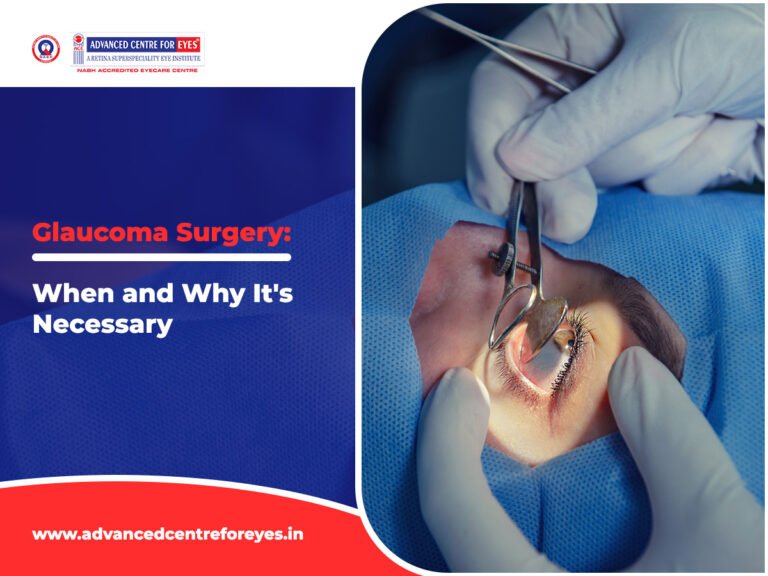Refractive Surgery – The Path to Clear Vision Without Glasses
Have you ever wondered what it would be like to see clearly without needing to wear glasses or contact lenses? Refractive surgery can make this possible! This special kind of surgery helps people improve their eyesight so they don’t have to rely on glasses or contact lenses anymore. Today, we are going to learn all about refractive surgery, how it works, and how it can help people see better. So, let’s dive into the world of clear vision!
What is Refractive Surgery?
Refractive surgery is a type of eye surgery that changes the shape of the cornea, which is the clear, dome-shaped part of the eye that helps to focus light. When the cornea is not the right shape, light does not focus properly on the retina, and this causes blurry vision. This is why some people need to wear glasses or contact lenses. Refractive surgery fixes the shape of the cornea so that light focuses correctly, making vision clear.
One of the most popular types of refractive surgery is called LASIK, which stands for Laser-Assisted In Situ Keratomileusis. Another common type is PRK, which stands for Photorefractive Keratectomy. Both of these surgeries use special lasers to reshape the cornea and help people see better.
Why Do People Need Refractive Surgery?
People need refractive surgery when they have vision problems caused by the shape of their eyes. These problems are called refractive errors. The three main types of refractive errors are:
- Nearsightedness (Myopia): This happens when people can see things clearly up close but things far away look blurry. It is because the cornea is too curved or the eyeball is too long.
- Farsightedness (Hyperopia): This is the opposite of nearsightedness. People can see things clearly that are far away, but things up close look blurry. It is because the cornea is too flat or the eyeball is too short.
- Astigmatism: This happens when the cornea is shaped more like a football than a basketball, causing both near and far vision to be blurry.
Refractive surgery helps correct these vision problems so that people can see clearly without needing glasses or contact lenses. It’s like giving your eyes a fresh start!
How Does Refractive Surgery Work?
Let’s talk about how refractive surgery actually works. Imagine that the cornea is like a camera lens. Just like a camera lens focuses light to take a clear picture, the cornea focuses light to help you see a clear image. If the camera lens is the wrong shape, the picture will be blurry. The same thing happens with the cornea.
During refractive surgery, a special laser is used to carefully reshape the cornea so that it focuses light correctly. Here’s how it usually goes:
- Preparation: Before the surgery, the eye doctor will do a check-up to make sure the eyes are healthy and suitable for the surgery. The doctor will measure the eye to understand how much reshaping is needed.
- Numbing the Eye: The doctor will use eye drops to numb the eye so that the person does not feel any pain during the surgery. This helps the patient stay comfortable and calm.
- Creating a Flap (in LASIK): In LASIK surgery, the doctor creates a small, thin flap on the surface of the cornea. This flap is gently lifted to expose the part of the cornea that needs to be reshaped.
- Reshaping the Cornea: The doctor uses a laser to remove tiny amounts of tissue from the cornea. This changes its shape so that it can focus light properly. The laser is very precise and works quickly, so the whole process only takes a few minutes.
- Replacing the Flap: After the cornea is reshaped, the doctor gently puts the flap back in place. It will naturally stick back to the eye and heal on its own without stitches.
- Healing: After the surgery, the eye will need some time to heal. The doctor will give instructions on how to take care of the eyes, including using special eye drops to keep them moist and prevent infection.
Who Can Have Refractive Surgery?
Not everyone can have refractive surgery. It is important for an eye specialist at the Center for eye care to check if someone is a good candidate for the surgery. People who are good candidates usually:
- Are at least 18 years old, because vision can still change in younger people.
- Have healthy eyes, free from diseases like glaucoma or cataracts.
- Have stable vision, meaning their prescription hasn’t changed much in the last year.
- Have a cornea that is thick enough for surgery.
The eye specialist in Ludhiana will do a thorough eye examination to decide if someone is suitable for refractive surgery. This helps ensure the surgery will be safe and effective.
Benefits of Refractive Surgery
There are many benefits to having refractive surgery. Here are some of the most important ones:
- Clear Vision: The biggest benefit is, of course, clear vision! People who have refractive surgery often see as clearly as they did with glasses or contact lenses, or even better.
- Freedom from Glasses and Contacts: After surgery, many people do not need to wear glasses or contacts anymore. This can make everyday activities, like playing sports, swimming, or just waking up in the morning, much easier.
- Quick Recovery: Refractive surgery usually has a fast recovery time. Most people notice improved vision within a day or two, and they can return to normal activities shortly after.
- Long-lasting Results: The results of refractive surgery are usually permanent. Once the cornea is reshaped, it stays that way, and vision remains clear for many years.
- Increased Confidence: Not needing glasses or contacts can boost a person’s confidence. They may feel more comfortable with their appearance and more confident in social situations.
What to Expect After Refractive Surgery
After refractive surgery, it is important to take good care of the eyes while they heal. Here’s what to expect:
- Blurry Vision: Right after the surgery, vision may be blurry or hazy. This is normal and should improve in a day or two.
- Dry Eyes: The eyes might feel dry or itchy after surgery. Using the prescribed eye drops will help keep them moist and comfortable.
- Light Sensitivity: The eyes may be more sensitive to light for a few days. Wearing sunglasses can help protect the eyes and make them more comfortable.
- Follow-Up Visits: It is important to visit the eye hospital in Ludhiana for follow-up appointments. The eye specialist will check the eyes to make sure they are healing properly.
- Avoid Rubbing Eyes: Rubbing the eyes can interfere with healing, especially in the first few days. It’s best to avoid touching the eyes as much as possible.
Safety of Refractive Surgery
Many people wonder if refractive surgery is safe. The good news is that refractive surgery is considered very safe, especially when performed by experienced eye specialists at a center for eye care. The lasers used in the surgery are very precise, and the procedures have been refined over many years to ensure they are safe and effective.
Of course, like any surgery, there are some risks involved. But these risks are very low, and most people have a successful surgery with no serious problems. Before the surgery, the eye specialist will discuss all the risks and benefits to help patients make an informed decision.
The Future of Vision
Refractive surgery has come a long way, and it continues to improve. New technologies and techniques are being developed to make the surgery even safer and more effective. In the future, we may see even more advanced ways to help people see clearly without glasses or contact lenses.
At the Advanced Centre for Eyes, the best eye hospital in Ludhiana, specialists are committed to providing the latest and most advanced refractive surgery options. They use state-of-the-art equipment and techniques to ensure the best possible outcomes for their patients. Whether it’s LASIK, PRK, or other types of refractive surgery, the goal is to help everyone enjoy the freedom of clear vision.
Conclusion
Refractive surgery is an amazing solution for people who want to see clearly without glasses or contact lenses. By reshaping the cornea, this surgery helps light focus properly on the retina, giving people the gift of clear vision. With the help of skilled eye specialists at a center for eye care, refractive surgery can change the way we see the world.
Read More: Understanding and Managing Retinal Detachment A Kid’s Guide


